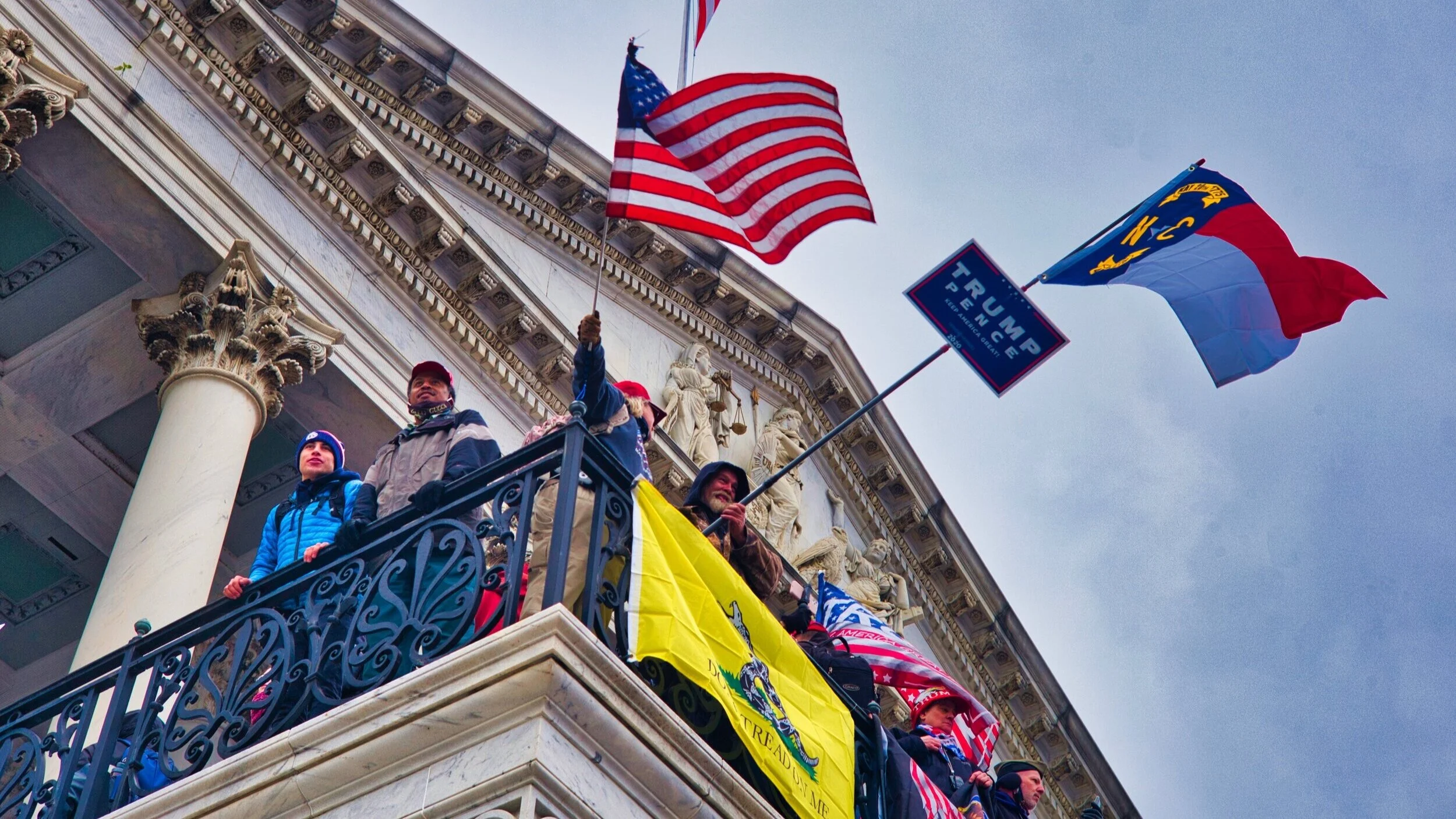The Fourth of July, 2021
This July 4th (observed), the United States recovers from four years of a presidency in which the streets of every city were burnished by protesters demanding rights for women and immigrants, for Black and Asian lives, to put an end to police brutality.
Throughout the world, people are calling for justice: in Palestine, in Ukraine, in China, and countless other places. The ravages of climate change are increasingly evident in floods and fires. And after almost five million people and counting worldwide (of which nearly 600,000 were U.S. residents) have died of a virus that was allowed to spread, felling the rich, but more so the poor, and ravaging mostly Black and brown communities, it feels like there is little to celebrate.
When we view our output at PLATFORM about these United States—where many of our authors and about sixty percent of our readers live—since we began publishing two years (and 170 articles!) ago, two strands of thinking seem to come through, both relating to the idea of democracy in America.
On the one hand, there is work like Robert Alexander González’s “Bullets Over the Borderlands: Where Do We Memorialize the Dead?” and PLATFORM Contributing Editor Sarah Lopez’s “Ties That Bind: Migrant Placemaking at the U.S.-Mexico Boundary and Beyond” that focuses on those marginalized through restrictive immigration policies and an overzealous penal system that capriciously incarcerates and evicts already vulnerable people at random. Not surprising for a neoliberal capitalist economy, there are financial and political gains to be made from these policies, not the least in the construction and security industries.
Figure 1. Fourth of July fireworks on the National Mall with the Lincoln Memorial, Washington Monument, and U.S. Capitol. Photograph by Carol M. Highsmith, July 4, 2008. Courtesy U.S. Library of Congress.
A second, related, strand is observations, like Michael R. Allen’s “Trumpism, Neoclassicism, and Architecture as Propaganda” and PLATFORM editor Marta Gutman’s “A Better United States, c. 1937,” on the coming of age of a multi-cultural democracy and the backlash against the growing role of non-white constituencies in public life as manifested in the schismatic effect of Trumpism on public spaces and the rise of racially motivated violence crimes. Such extremism and misinformation meant that our authors turned to historical precedents to make sense of what was happening, from the relationship between authoritarian governments and neoclassicism to the role played by memorials in constructing and deconstructing nationalist narratives.
This July 4th, Americans gathered with friends and family, set firecrackers ablaze, and filled public spaces still reawakening from the traumas of the past year. The music played once again. As four of our editors and our production team take a day off, we at PLATFORM invite our readers to both celebrate the holiday and to reflect upon it with a handful of our previously published articles that touch upon these subjects.





